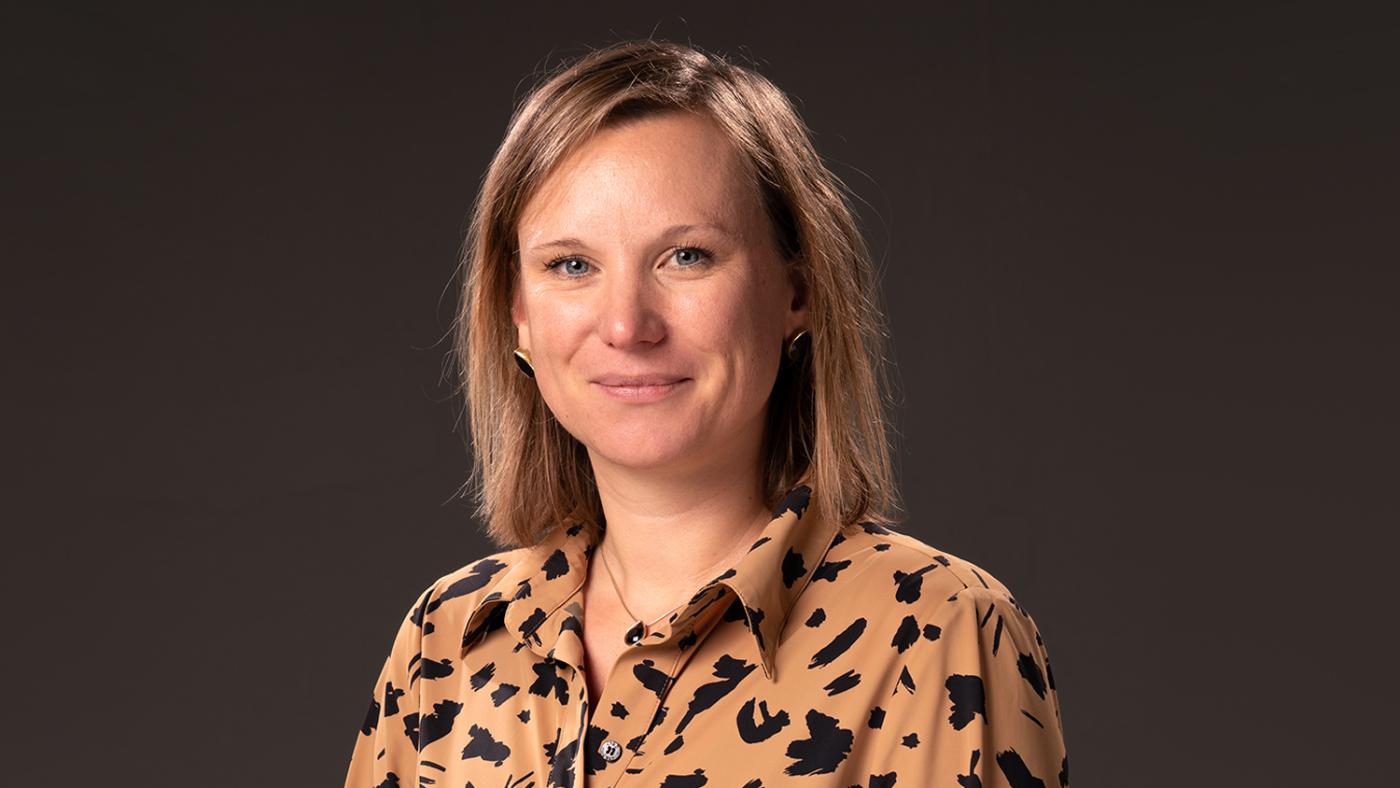UU scientist Jasmijn Van Harten:
Ideas about generational differences in the workplace are based on thin air

She recently came across a good example of such prejudices. A former CEO from the United States who now provides management advice posted a few tips on LinkedIn for people who must lead a “multigenerational team”. Boomers should be addressed in person, for example, while employees from Gen X should be approached via email, and Gen Z workers should be contacted via text message. "Part of the team will soon be wondering why they never see their manager anymore," laughs organisational scientist Jasmijn van Harten.
Laughs aside, she sees a serious issue in this type of post. According to her, thinking in terms of generational differences has become a multi-million-euro business, partly due to the tight labour market. For example, the international consultancy firm Deloitte conducts an annual Global GenZ and Millennial Survey in which far-reaching conclusions are drawn about the supposed characteristics of those generations.
Gen Zers and millennials are reportedly more focused on achieving a work-life balance than on career advancement. They are also more likely to choose a job where they can learn and develop themselves. Above all, they expect managers to inspire them. Van Harten qualifies the assertive proclamation of such truths as "quackery".
No fixed identity
The organisational scientist is convinced that many companies have good intentions when they seek help in this regard, and are genuinely looking for ways to become more inclusive and increase job satisfaction among their employee. She also understands the appeal of management theories about generational thinking. After all, approaching everyone as an individual costs much more money and effort. "However, those courses and books really should be thrown straight into the bin."
She says there is no scientific evidence to suggest that each generation thinks differently about the importance of issues such as salary, recognition, or development opportunities. Even when examining employees' assessments of job satisfaction and well-being, no studies have shown significant differences between generations. A recent meta-study by American researchers demonstrates this. "It would be strange if everyone who happened to be born in the same period were the same, did the same things, wanted the same things and thought the same things," she says.
"In addition, generational divides are often linked to major events or developments, while all generations that experienced 9/11 or the advent of the Internet had to deal with the consequences of those events. Science shows that your identity is not formed solely in the first twenty years of your life. People can change, but generational thinking assumes a fixed identity."

Jasmijn van Harten.
Nice and intuitive
According to Van Harten, generational differences are often confused with differences in life stage or career stage. For example, a manager may think that a young employee is exhibiting typical “Gen Z snowflake” behaviour when they call in sick after attending a festival. But that manager has probably forgotten what they were like when they didn't have any major responsibilities or interests. "A millennial, someone in their thirties, who in the eyes of a manager seems less committed to the organisation, may have young children at home for whom childcare is difficult to arrange." Circumstances also play a role. "There is currently a shortage in the labour market, which means that young people can simply demand more than young people could forty years ago."
She sees it as her job as a scientist to "bust" the myth of generational thinking. That's not just nitpicking. "It feels intuitively right, doesn't it? You read an article in a magazine that you find very convincing, and then you start to see the evidence. That's how what we call confirmation bias in Psychology."
She believes it is telling that even scientists often seem not to believe their own findings. The aforementioned meta-study reveals that researchers did develop recommendations for practice, although these were not supported by their own findings. 'So, that study is really an appeal to science itself to take its own findings seriously. And I wholeheartedly agree with that."
A joke is a signal
She warns that confirmation bias can lead to the formation of stereotypes. Older people will then ask young people questions about how TikTok works or generalise when they see young people going home at five o'clock sharp. But stereotyping can lead to discrimination, "especially if managers act on it. For example, by refusing to invest in Gen Z employees because 'they're going to leave anyway' or sidelining boomers 'because they stand in the way of innovation'. People can also internalise these kinds of ideas about themselves and start denying themselves opportunities."
Van Harten notes that everyone tends to laugh off generational thinking due to sensitivities. For example, a female doctor in her 60s told her that her younger colleagues had read David Brooks' well-known book The Second Mountain and had since been measuring others by his yardstick. According to Brooks, people first climb the mountain of building a career and earning money, and then, after some disappointments, focus on the search for what really makes life worthwhile. "As a result, she is, willy-nilly, pigeonholed as an older person who is no longer concerned with development and career success, but only with meaning and commitment. This has consequences for how she is approached and what opportunities are offered to her. Someone might jokingly say during a watercooler chat: 'Oh, but you're on the second mountain, so this isn't for you'. A joke with a hint...".
Mixed classroom
Van Harten believes that extension courses offered by universities can be an effective tool for dispelling generational prejudices. The so-called mixed classrooms, in which students and professionals with the same learning needs study together, could also help in this regard.
"Sometimes people in their fifties make a significant career change after having had a successful career. They are essentially starting all over again at the same level as a student. In a safe learning environment, young people can see that such a person is not set in their ways. They see them as the curious and socially engaged people that they are, and that all those stereotypes are unfounded."

This is an article from DUB's Lang zullen we leren! (Long may ww learn!) magazine, which was made in collaboration with Utrecht University's Continuing Education programme. The magazine can be found in several buildings of the university but all the articles from the magazine are also available online. Over the next two months, DUB's website will feature several of those articles and stories, as well as publish a few additional online-only articles about continuing education. You can find all the articles related to the magazine here.
Comments
We appreciate relevant and respectful responses. Responding to DUB can be done by logging into the site. You can do so by creating a DUB account or by using your Solis ID. Comments that do not comply with our game rules will be deleted. Please read our response policy before responding.